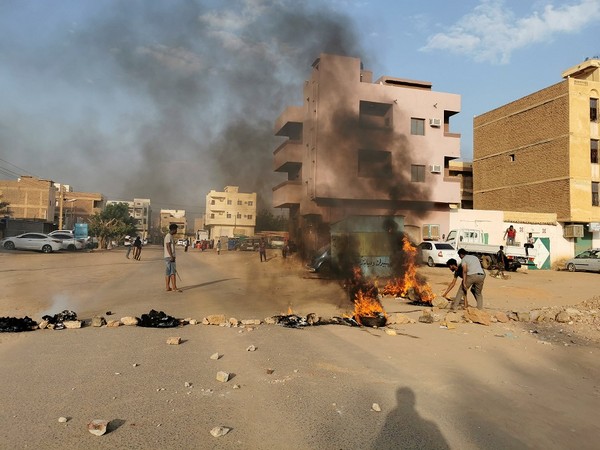Government corruption fuels human rights crisis in South Sudan, independent panel finds
Upon gaining independence in 2011, South Sudan emerged from decades of brutal civil war with Sudan, carrying a legacy of divisive conflict, state repression and poverty.

In South Sudan, “systemic government corruption” and “brazen predation” on the part of political elites have created a human rights crisis that must be urgently addressed, the UN Commission on Human Rights in the country said in a new report issued on Tuesday.
Based on two years of independent investigations and analysis, the report reveals how oil and non-oil revenues are siphoned off through opaque schemes and politically connected contracts. Meanwhile, millions of South Sudanese are denied basic services.
“Our report tells the story of the plundering of a nation: corruption is not incidental, it is the engine of South Sudan’s decline,” said Yasmin Sooka, Chair of the Commission.
“It is driving hunger, collapsing health systems, and causing preventable deaths, as well as fuelling deadly armed conflict over resources.”
Diversion of funds
Upon gaining independence in 2011, South Sudan emerged from decades of brutal civil war with Sudan, carrying a legacy of divisive conflict, state repression and poverty.
Fourteen years after independence, ruling elites still struggle for control over natural resources.
The report found that the Sudanese government’s oil inflows alone have exceeded $25.2 billion since 2011, but hardly any money goes to essential services. Due to systemic corruption, the education, public health and justice systems are in crisis.
“The diversions are not abstract budget failures – they translate into preventable deaths, widespread malnutrition, and mass exclusion from education,” said Commissioner Carlos Castresana Fernández.
“Three-quarters of child deaths are preventable — yet funds go to patronage and private pockets, not medicine or clean water and sanitation.”
Multiple corruption schemes
The ‘Oil for Roads’ programme is just one of the corruption schemes described in the report. The programme intended to build infrastructure but failed to deliver promised roads. An estimated $2.2 billion has been channeled into political patronage networks through the off-budget scheme.
The report also details schemes by Crawford Capital, a politically-connected company, in non-oil revenue collections, where little of the taxes reach government budgets even as illegal levies on humanitarian actors obstruct critical food aid operations.
A need for change
A 2018 peace agreement promised structural change and an improvement of public financial management, but the reform has not been adequately funded or implemented.
Prioritizing the implementation of certain reforms under the agreement is one of the many recommendations that the report lays out for South Sudan. The 54 recommendations are aimed at helping the country fulfil the population’s basic needs, strengthen accountability, and end impunity.
“When public revenue becomes private fortune, peace cannot hold. For the transition to survive, accountability for economic crimes and an investment in human rights are indispensable,” said Ms. Sooka.
The Commission on Human Rights in South Sudan was established by the UN Human Rights Council in March 2016. The three Commissioners are not UN staff and do not receive payment for their work.
Visit UN News for more.
- READ MORE ON:
- South Sudan










